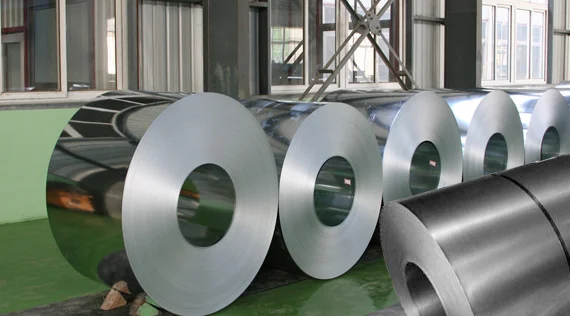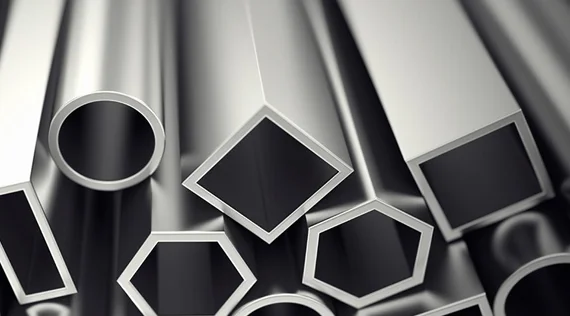European Union Extends Steel Safeguards for 3 Years
Steel News | 2021-09-16 01:00:50
In 2018, the EU implemented “safeguard†tariffs that are triggered when steel imports exceed a certain threshold.

SEATTLE (Scrap Monster): The Commerce Department during the Trump administration concluded that, not only are steel and aluminum imports threats to national security, but so are foreign-made cars.
In March 2018, President Donald Trump imposed tariffs on steel and aluminum following the submission of a report by Commerce Secretary Wilbur Ross that found that the domestic metals industry needed protection to promote national security. In February 2019, Ross sent Trump a report that contained similar findings regarding imported automobiles, according to a recently released congressional report. Trump declined to impose the vehicle tariffs, and Ross refused to publicly release the report, despite legislative language being enacted that directed his agency to do so. The report was finally released by current Commerce Secretary Gina Raimondo.
“A quick glance confirms what we expected,” Sen. Pat Toomey, R-Pa., said. “The justification for these tariffs was so entirely unfounded that even the authors were too embarrassed to let it see the light of day.”
The libertarian think tank Cato Institute mocked the report as having essentially concluded that, “Everything’s a national security threat.”
Congress has also mandated that the Department of Commerce release Section 232 reports on uranium ore, titanium sponge, transformers and their components, and vanadium, all of which were initiated during the Trump administration.
The European Union in June extended steel import safeguards for three years, largely because the United States is maintaining its Section 232 tariffs on steel, despite the change in administration.
In 2018, the EU implemented “safeguard” tariffs that are triggered when steel imports exceed a certain threshold. This was done in response to concerns that the Section 232 tariffs imposed by the United States would lead steel-producing countries to dramatically increase their shipments to Europe. Those measures were scheduled to expire on June 30, but EU members voted to extend them until June 30, 2024.
The EU said in a statement that it would “initiate a review if the US introduces significant changes to its ‘Section 232’ measure on steel.”
The United Kingdom, meanwhile, said it would introduce regulations implementing steel quotas – with imports exceeding the quotas being subject to 25 percent tariffs – for the next three years.
Courtesy: https://amsci.us
 By
By 